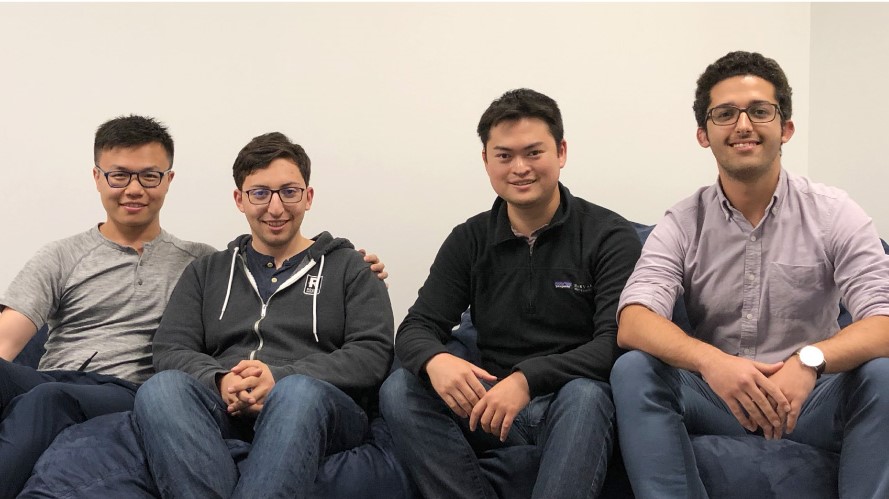Evisort, an AI-powered contract management platform, today announced a Series B funding round of $35 million, bringing its total funding to $55 million.
The funding round follows a year of four-times revenue growth, the company says.
The round was led by global growth equity investor General Atlantic, with participation from existing investors Amity Ventures, Microsoft’s venture fund M12, and Vertex Ventures.
Evisort was founded in 2016 by two Harvard Law School students, Jerry Ting and Jake Sussman (who both since graduated), and MIT student Amine Anoun.
Their vision was to build a platform that used AI to help companies mine their contracts for insights and key information by turning unstructured text into structured data.
Evisort offers both post-signature contract review and analytics and pre-signature contract generation and approval. Its customers include Microsoft, which last year generated over 30,000 sales contracts using Evisort.
In January 2020, they raised a Series A funding round of $15 million. In February 2019, they raised $4.5 million in seed funding, on top of an initial angel round.
‘Keeping It Innovative’
Ting, now the company’s CEO, told me that the funds will be used to further develop Evisort’s technology as well as to expand its sales and marketing efforts.
“A lot of the investment is going towards keeping the product really innovative,” Ting said. “We are investing deeply in that so we can do even more out of the box.”
One focus of the company’s development work currently is bringing deeper levels of AI to the pre-signing process. In particular, Evisort is using AI in the context of customized negotiations — the back-and-forth redlining that takes place during contract negotiations.
Most AI platforms cannot analyze third-party’s redlines because they are not trained on that data. But Ting says Evisort is working on using natural language processing to analyze the redlines for how they compare to a company’s fallback clauses.
The technology is already deployed to two major customers, he said, and is available to demonstrate to others who may be interested.
The investment will also be used to increase sales and marketing, Ting said. He said that enterprises are too often just “throwing bodies” at the contract-management problem or piecing together multiple point solutions.
“We want to go out there with marketing and sales and let them know there’s a better way,” he said.
Longer term, Ting sees the potential to take the company public. Demand for contract lifecycle software has accelerated over the last five years, and will continue to do so, he said. He believes the company could go public in 4-5 years.
 Robert Ambrogi Blog
Robert Ambrogi Blog